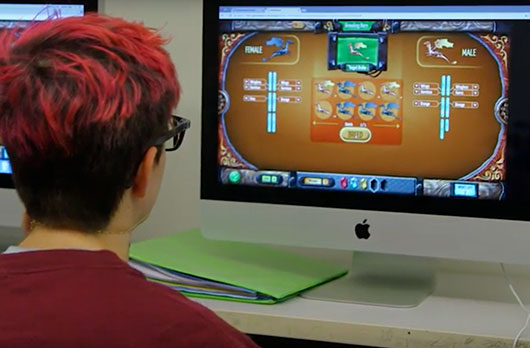
SEEC’s process evaluation focuses on teacher plans, concerns, and instructional needs.
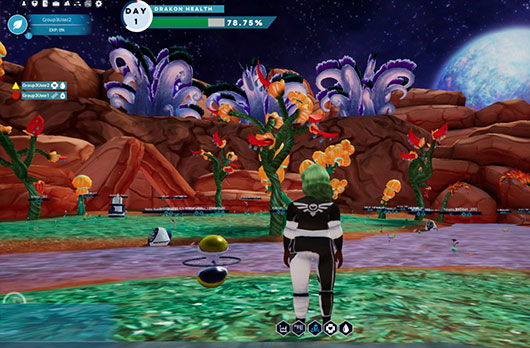
Immersed Games has created and tested their initial pilot study and is continuing to develop their game. Students will use this game to learn about ecosystems.

The project is researching the impact of an interdisciplinary bio-engineering-computational design curriculum on middle school engineering and science education.
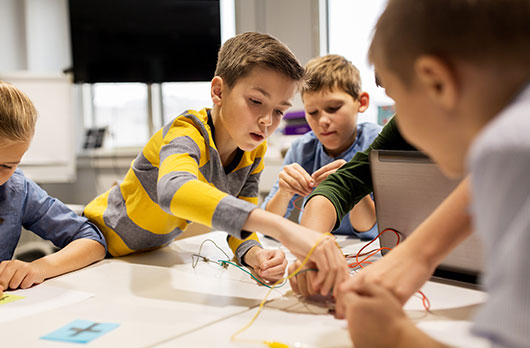
Robotic technologies provide innovative ways of engaging students in computational thinking (CT) practices within STEM fields, but teachers may be reluctant to use robotics if they do not feel confident with the technology, or when they feel unprepared to make the technology relevant to their subject areas.

The Backyard Wilderness project is an evaluation of the informal and formal educational outreach campaign associated with the giant screen film, Backyard Wilderness.
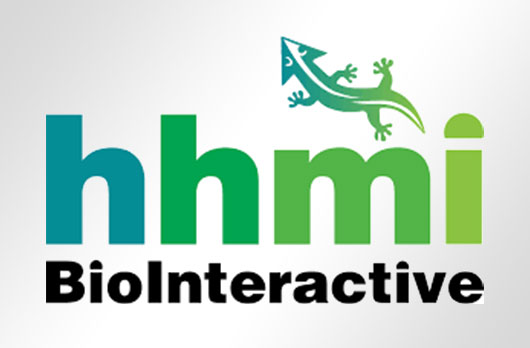
SEEC is working collaboratively with the Howard Hughes Medical Institute’s BioInteractive team to evaluate implementation and impact of classroom resources, planning tools, and professional development designed for science educators.
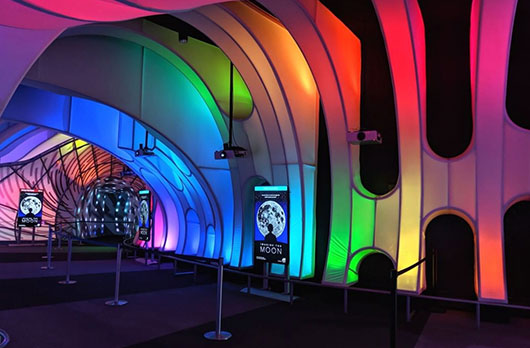
Through U!Scientist, visitors to the Adler Planetarium (Chicago) use a multi-touch tabletop exhibit to engage in citizen science by classifying galaxies, with the goal that they learn about the process of science, and develop more positive attitudes towards science and science identity.
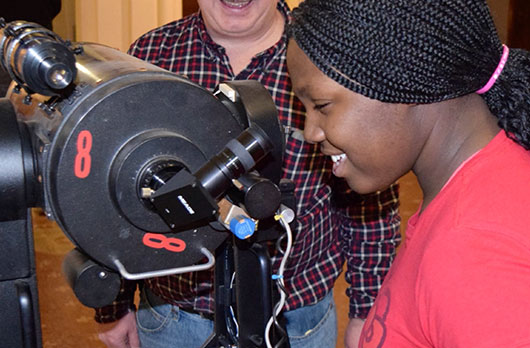
IDATA engages middle and high school students in designing software to make astronomy accessible to people with blindness or visual impairments.
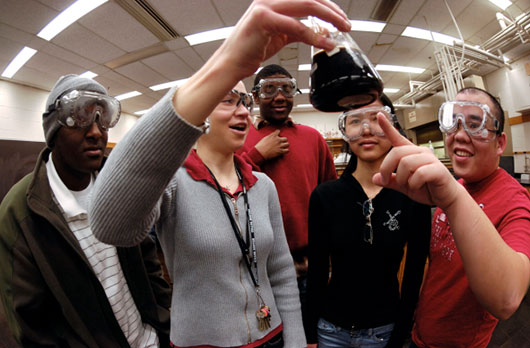
The ACCT project is developing and implementing professional development workshops for middle and high school teachers to use formative assessments built on a previously developed framework for chemical thinking to develop their abilities to elicit, notice, interpret, and respond to students’ reasoning in ways that promote more meaningful understanding of central ideas.

The project studies the development of the science assessment practices of teachers in high-needs districts.
